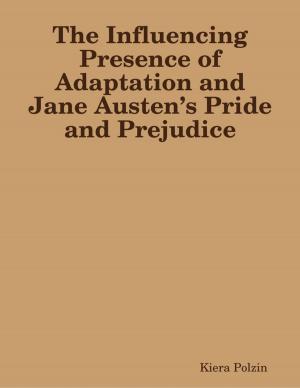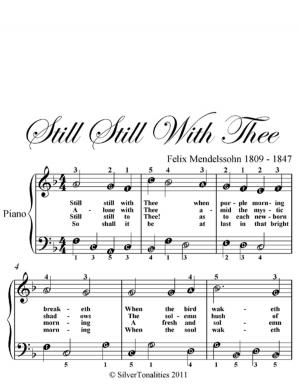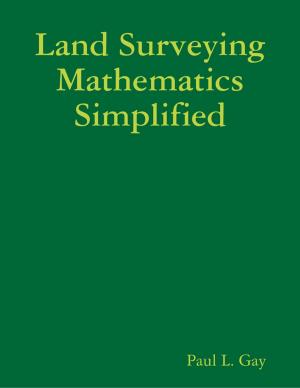| Author: | M. James Ziccardi | ISBN: | 9781312577145 |
| Publisher: | Lulu.com | Publication: | October 6, 2014 |
| Imprint: | Lulu.com | Language: | English |
| Author: | M. James Ziccardi |
| ISBN: | 9781312577145 |
| Publisher: | Lulu.com |
| Publication: | October 6, 2014 |
| Imprint: | Lulu.com |
| Language: | English |
Henry of Ghent is commonly regarded as one the three most important scholastic philosophers of the latter part of the Middle Ages. Wedged neatly between the teachings of Thomas Aquinas and John Duns Scotus, Henry’s philosophy encompassed a wide range of topics, including epistemology, ethics, and the natural sciences, all of which he closely tied to the Christian theology of his day. In this book we examine Henry’s ideas on epistemology, all of which are put forward in Article 1 of his Summa of Ordinary Questions, entitled On the Possibility of Human Knowledge.
Henry of Ghent is commonly regarded as one the three most important scholastic philosophers of the latter part of the Middle Ages. Wedged neatly between the teachings of Thomas Aquinas and John Duns Scotus, Henry’s philosophy encompassed a wide range of topics, including epistemology, ethics, and the natural sciences, all of which he closely tied to the Christian theology of his day. In this book we examine Henry’s ideas on epistemology, all of which are put forward in Article 1 of his Summa of Ordinary Questions, entitled On the Possibility of Human Knowledge.















